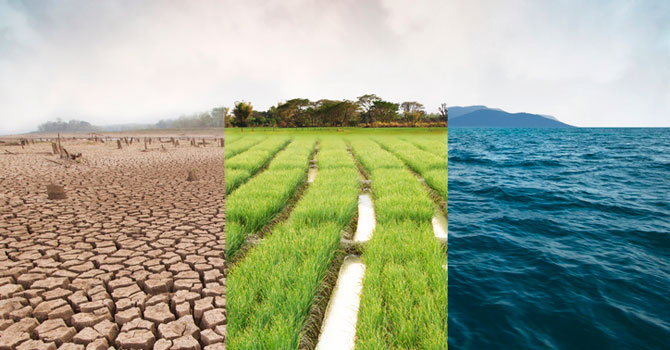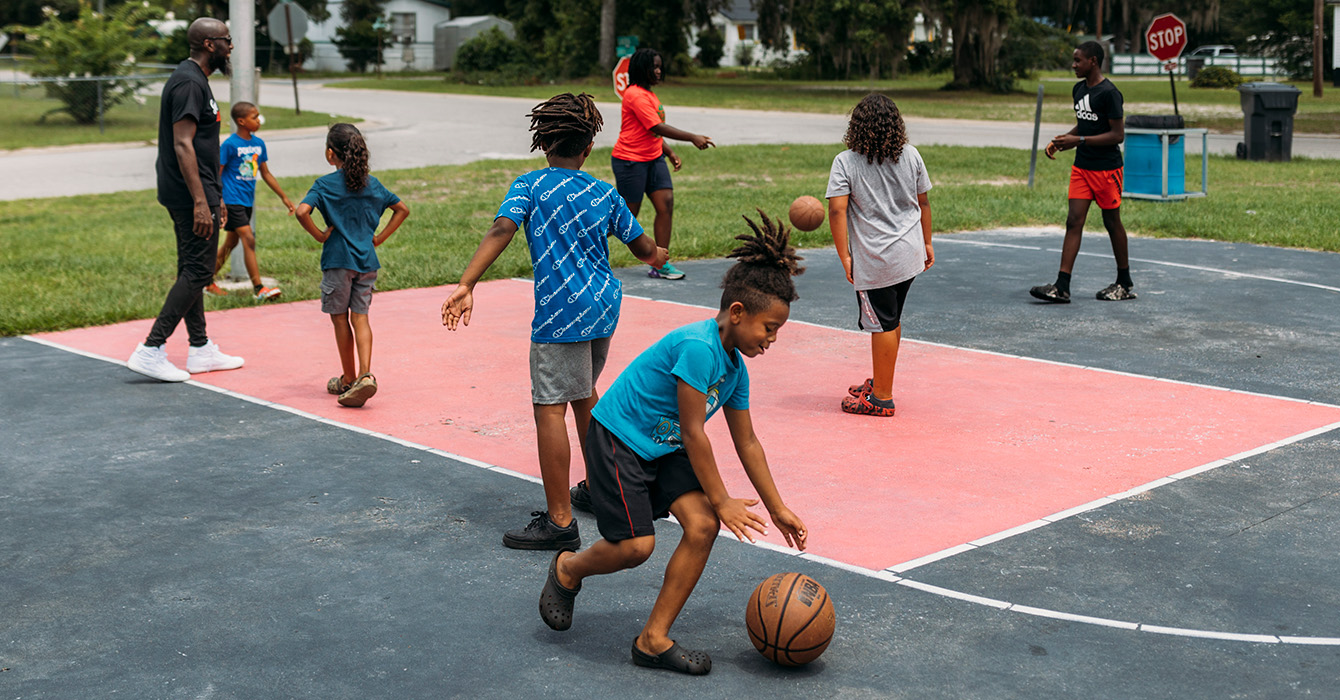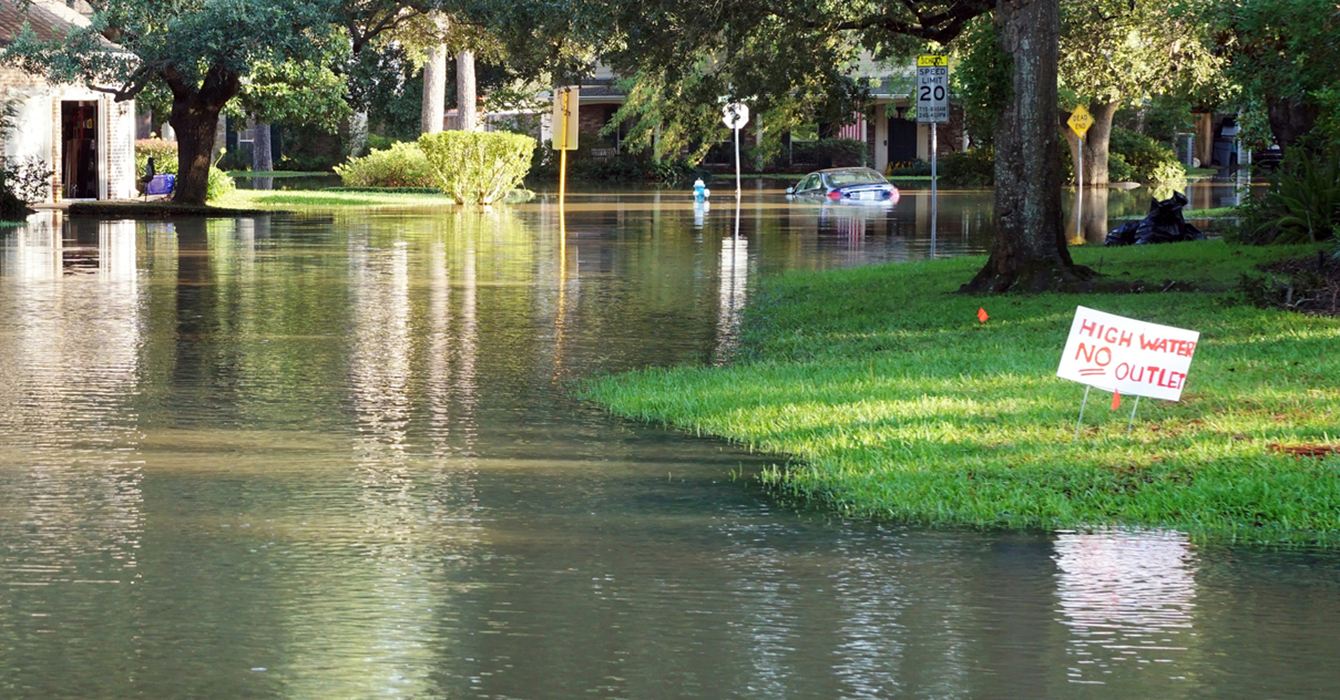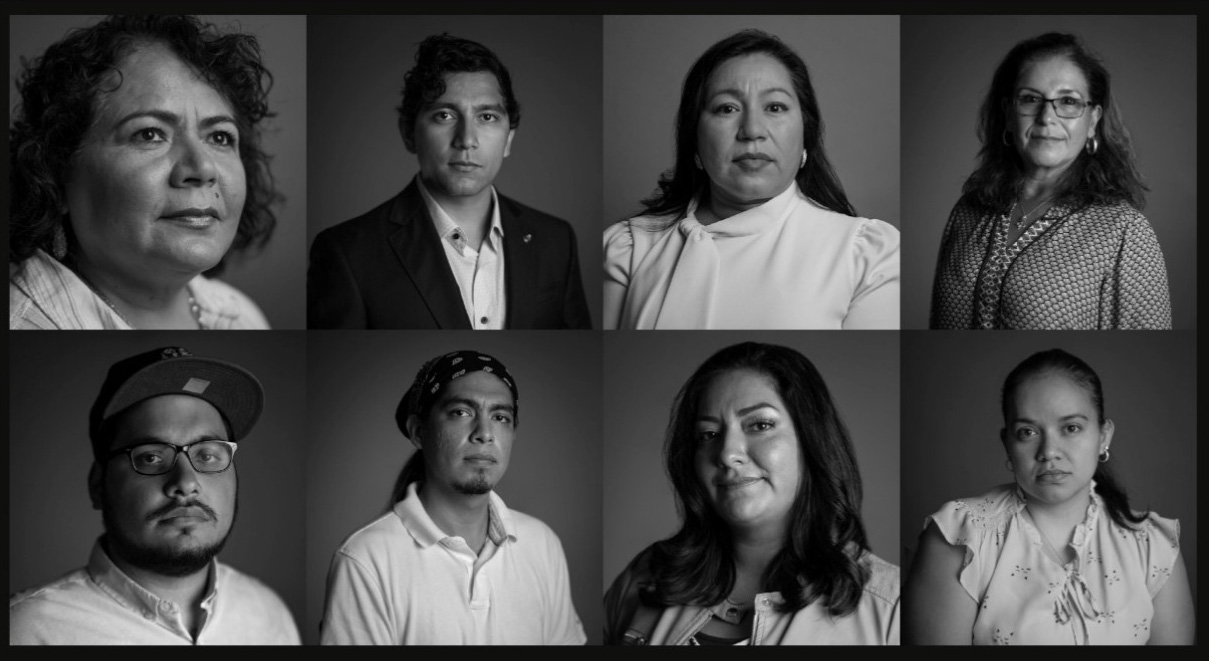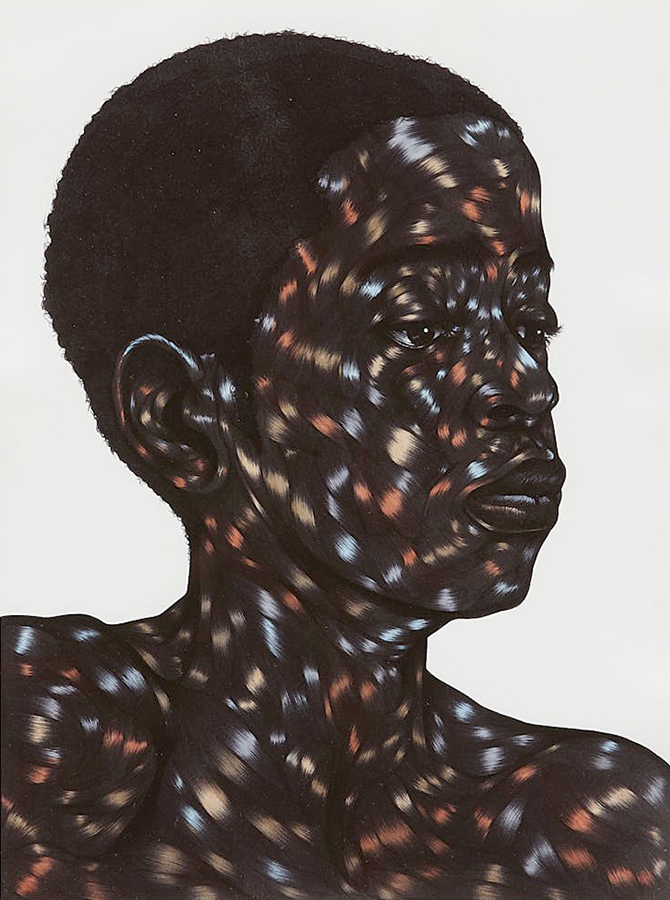Climate change and the sustainability of the earth are huge, often paralyzing issues. Yet despite their overwhelming scale, Jeffrey Bilbro, a Wendell Berry scholar at Spring Arbor University, believes that Christians can do healing environmental work.
“Wherever we are, we can think about how we connect and relate to agriculture and the community more broadly,” Bilbro said.
And Wendell Berry, who speaks of our participation in God’s redemption of creation, can give us insight and wisdom for the task, he said.
“Though the work we do may not seem commensurate with the scale of the problems that we face, if we have faith that redemption is ultimately in God’s hands, that can free us … to do hopeful work,” he said.
 Bilbro is an associate professor of English at Spring Arbor University. He has written “Loving God’s Wildness: The Christian Roots of Ecological Ethics in American Literature,” among other books about Wendell Berry. He is also the editor-in-chief of Front Porch Republic's website.
Bilbro is an associate professor of English at Spring Arbor University. He has written “Loving God’s Wildness: The Christian Roots of Ecological Ethics in American Literature,” among other books about Wendell Berry. He is also the editor-in-chief of Front Porch Republic's website.
Bilbro spoke with Faith & Leadership’s Katie Rosso about Berry and how Christian leaders can think about wilderness. The following is an edited transcript.
Faith & Leadership: Tell me about your research in ecology and theology and how you got involved in that unique intersection.
Jeffrey Bilbro: I lived for a year as a boy in a unique spot in Washington state that is a community of about 90 people who live there year-round, and it’s within the boundary of North Cascades National Park. There is no way to get there except by boat or floatplane or hiking. There is about a 9-mile road up there, but it’s barely connected to the outside world.
So living there for a year gave me the spirit of community and place, and of course the landscape was beautiful. So I did a lot of hiking and fishing and just being outside, and then in college, I pursued literature and theology and read a lot of different writers who wrote about wild places.
I stumbled upon Wendell Berry in my undergraduate studies, and he articulated a lot of things that I felt or sensed but didn’t have words for. So I read him voraciously and have always been trying to think through the significant locations and directions of his work.
F&L: Tell me about the process of writing your latest book about Berry, “Virtues of Renewal.” What was that process like?
JB: My dissertation was on four different American authors who thought about religion and ecology, and the reason I chose that is because one of my advisers told me, “Don’t just write your dissertation on Wendell Berry, because he’s just a contemporary author.”
So I took the advice and did that and enjoyed that, but I still really wanted to write a book [exclusively] about Berry. When I got to Spring Arbor University, where I teach now, one of my colleagues was also a Wendell Berry scholar, so we collaborated on this book about Wendell Berry and education.
I learned a lot in that process, but I still wanted to write this other book about Berry that had been on my mind since my early days at grad school. I was curious or intrigued about why Berry wrote in poetry, fiction and essays, and I wanted to think about how we should understand the relationship between those three genres. How is it that each one is doing something a little bit different?
Together, they form a whole that’s greater than the sum of their parts.
The forms in which he writes help us to imagine virtuous forms of living. We live in an age that values technological solutions, the things that the STEM sciences and the STEM fields can provide, and Berry is simply thinking about virtues and forms of living. So his literary forms can give us examples of these more sustainable forms of life.
F&L: What about Wendell Berry inspired you so much?
JB: I guess there are a lot of reasons. One is he was able to articulate the connections between Christian theology and ways of living with the rest of creation in ways nobody else that I was reading could do. He connected those two passions that I had that a lot of other people weren’t putting together for me.
I also think I’m drawn to a lot of authors that write about the wilderness or people who praise wild places. Berry’s whole idea of good use and work that is motivated by and enacts love, I think, is really important.
F&L: For people who aren’t as keyed in to the inclusion of ecology in theology, what would you want them to take away from your book?
JB: There is this perception out there that if you read Berry, the only way to respond is to become a small-scale organic farmer. And if you can’t do that, then Berry really isn’t relevant.
But I think that’s unfortunate. He can give us a lot of insight and wisdom -- how, no matter what spot we find ourselves in, we can live lives that are more responsible to our environment and fortuitously serve those places, whether they are in the suburbs or the city.
Wherever we are, we can think about how we connect and relate to agriculture and the community more broadly. One of the things I really tried to do in this book is show how Berry’s writing matters to those of us who aren’t small-scale farmers.
F&L: You talk in the book about English botanist Albert Howard’s “wheel of life” and stewardship and the cultural cycle. How can that approach to the environment apply outside of small-scale farming issues?
JB: Hearing about climate change can be paralyzing. If you just read the news about how we’re going to lose a million species in the next however many years, or the latest news about how bad things are, it can seem really hopeless.
Berry has this notion of good work, and the responsibility we have to participate in God’s ongoing redemption of creation, and I think this can give us a different perspective. With that framing, we can take hope in doing good work where we are.
Though the work we do may not seem commensurate with the scale of the problems that we face, if we have faith that redemption is ultimately in God’s hands, that can free us to roll up our sleeves and go to work where we are to participate in God’s redemption. It gives us a place to do hopeful work.
F&L: You also talk in the book about the virtues of his poetry, his essays and his fiction, and how all of those virtues are ways of practicing resurrection. How did you come up with that theory of practicing resurrection and apply it to these topics?
JB: This goes back to Albert Howard, too. Throughout Berry’s work, he often draws connections between theological patterns and ecological patterns. He’ll quote the passage where Jesus says that except a [kernel] of wheat fall to the ground and die, [it remains alone], but if it dies, it bears much fruit (John 12:24).
He says that that’s both an ecological and a theological principle. So I got that straight from Berry and then I just wanted to turn around and think, “Well, what is that truth, theologically or ecologically, and how did that shape your imagination in your mode of life?”
Then I tried to tease out the ways that Berry tries to put his literary forms, his exemplary characters and their virtuous lives into that sort of redemptive cycle.
F&L: How have you brought your theological and ecological background into the classes that you teach and the more academic setting that you exist in day to day?
JB: I teach at a Christian liberal arts school, and so I get a lot of chances to bring Berry into my academic work.
I teach Wendell Berry sometimes, but of course not as much as I would like. I think the study of his work certainly informs the way that I approach the classroom, though.
This spring, I finished up my 19th-century American lit class, where we were reading “Walden,” and I took all of my students out to a nearby lake here. It’s actually a man-made lake created by some lime mining. It’s a beautiful lake, and the railroad that they used to haul out the lime has been converted to trails, so people hike and bike on it.
As a class, we spent some time talking about what wilderness means, and what it looks like to renew a place that has been abused and destroyed in some ways. It can be in their own backyard -- a place that is beautiful and not at all wild. That doesn’t mean it’s not still healthy to engage in these dialogues.
What are some ways that we can see these possibilities around us and work toward that kind of healing wherever we are?


